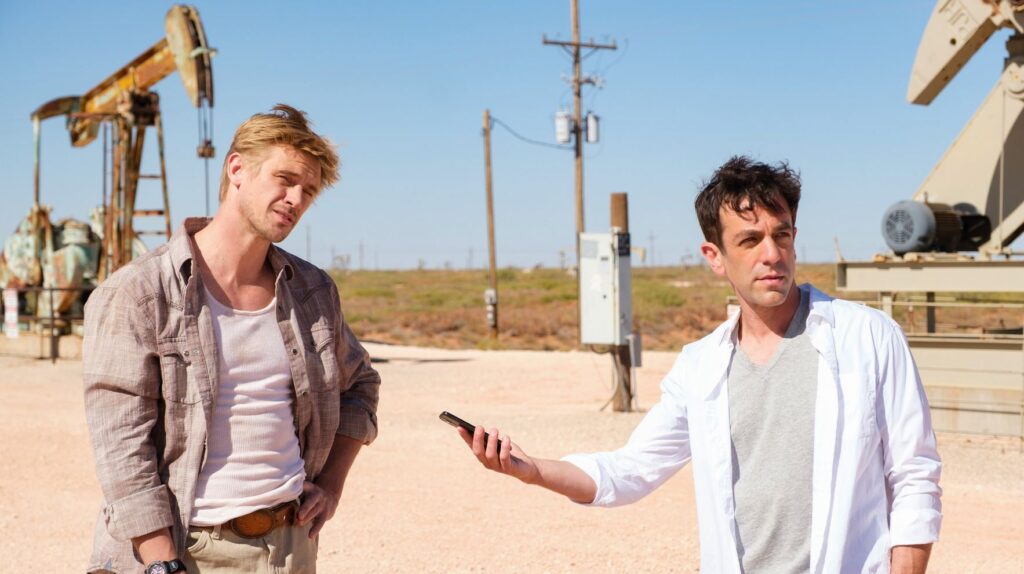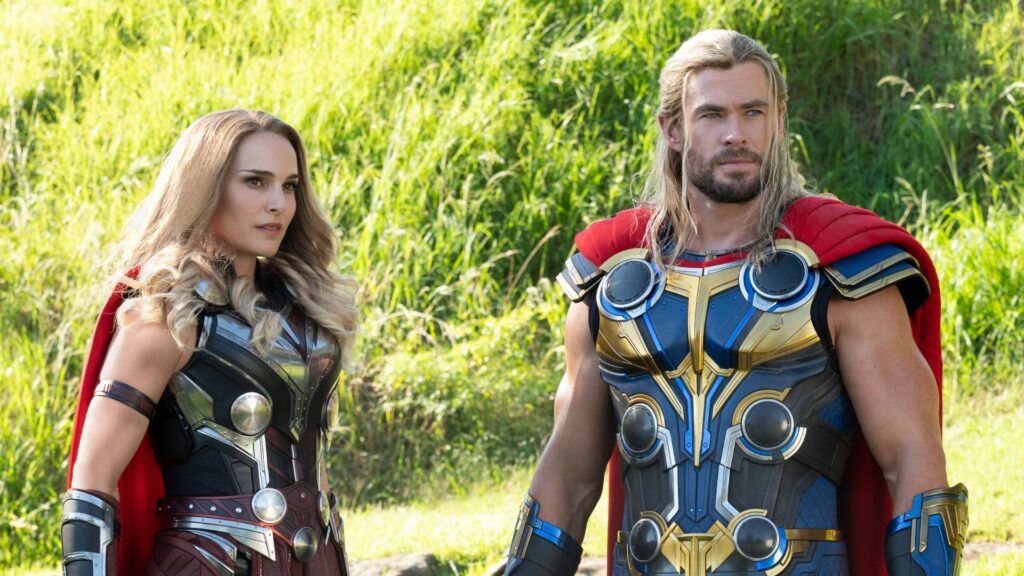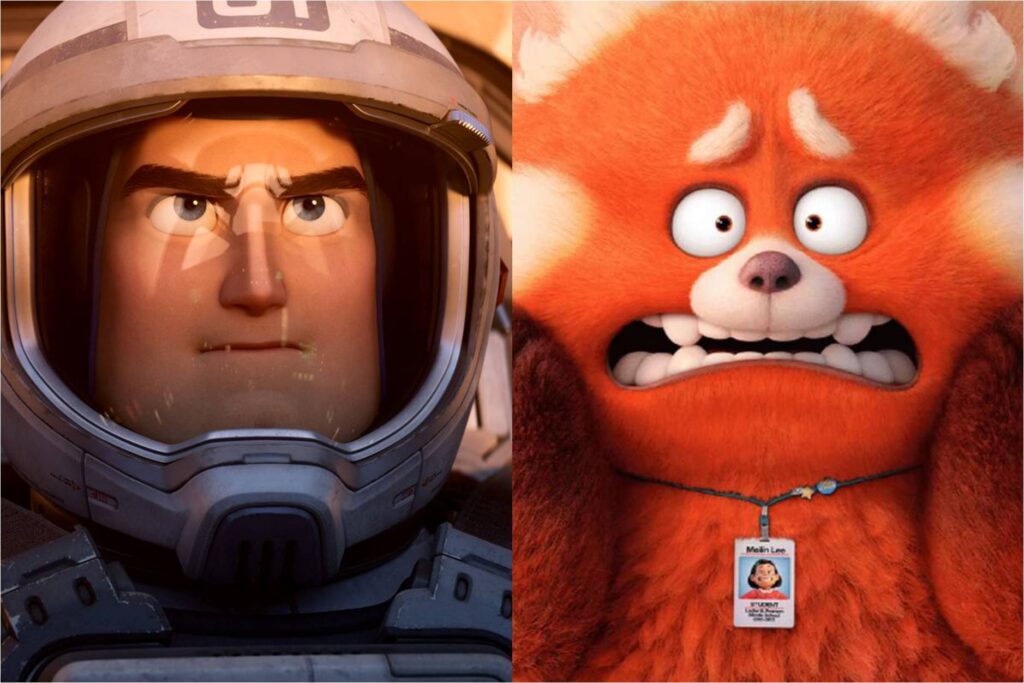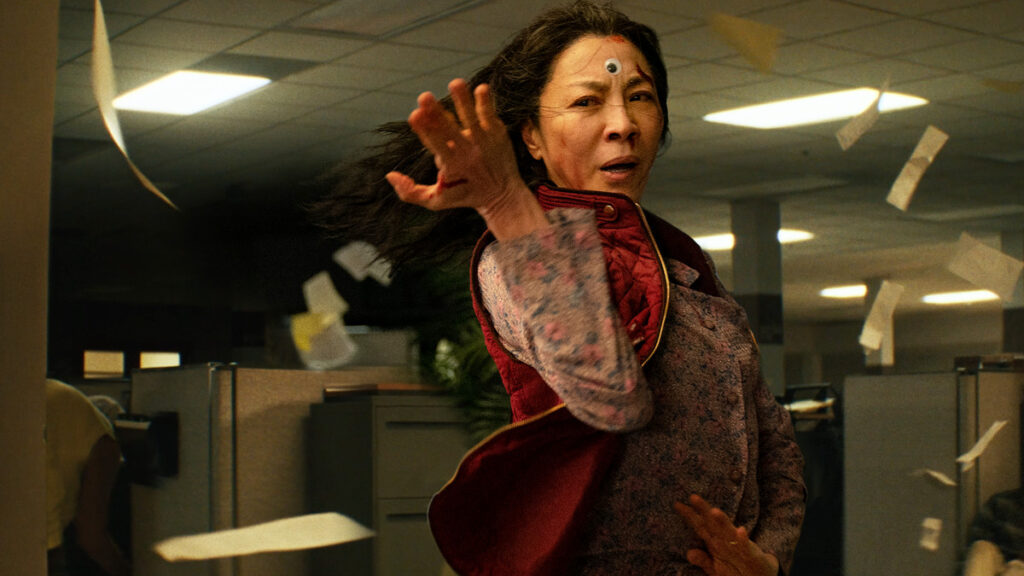Bodies Bodies Bodies: Youngs Full of Air
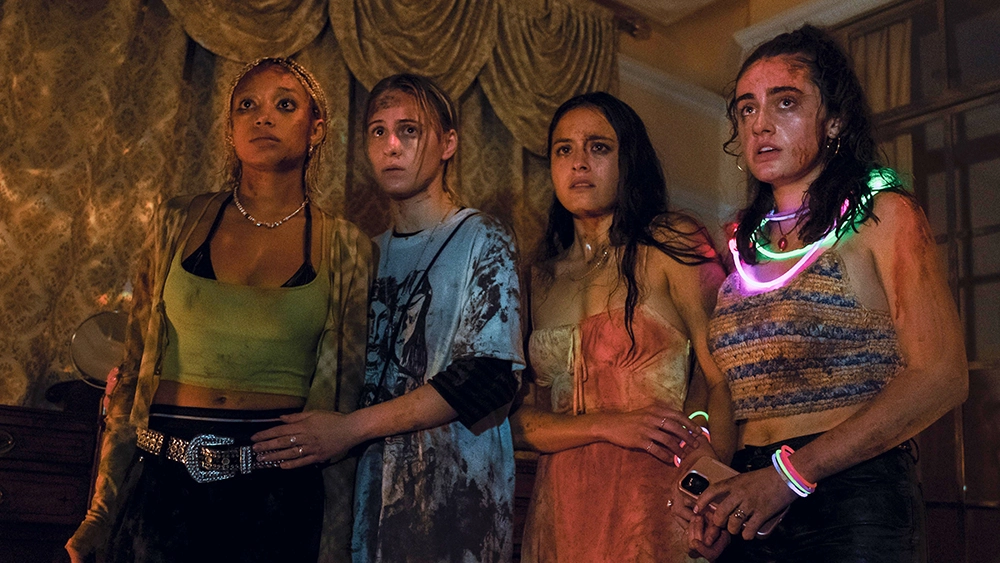
The murder mystery gets a modern makeover in Bodies Bodies Bodies, the slick, enjoyable, somewhat obnoxious thriller from Halina Reijn. As the title suggests, corpses slowly stack up over the course of the movie, though the bloodshed is less a sign of inhuman evil than a natural consequence of characters lacking access to wifi. After all, when you can’t check your Instagram account, what else is there to do but kill people? Adapting a witty, smirky screenplay by Sarah DeLappe, Reijn has crafted a confident and provocative picture in which new-age brashness nestles up against cinematic classicism. It’s Agatha Christie on TikTok.
The setting, quite delectably, is a dark and stormy night. Seven attractive young people pile into a mansion in upstate New York, not that far from where Clue took place. This privileged septet has assembled, in advance of the landfall of a hurricane, for an evening of revelry—a bawdy, corrosive cocktail spiked with sex and drugs and jealousy. Before long, one of them is dead, resulting in a hectic, bloody night full of paranoia, finger-pointing, and violence. Whaddya need, a GPS-powered roadmap? Read More

